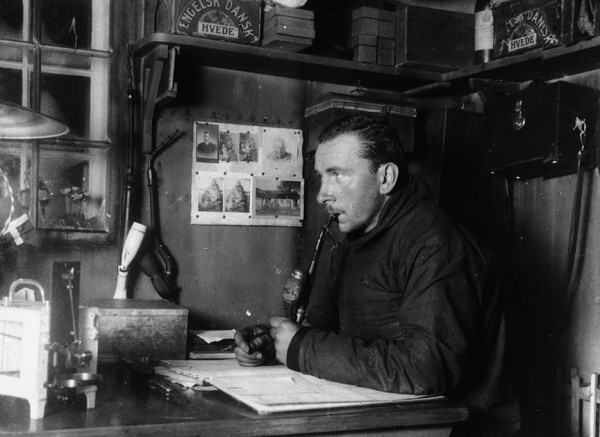Alfred Lothar Wegener was a German polar researcher, geophysicist and meteorologist.

Early life
Alfred Lothar Wehener was born on November 1, 1880. in Berlin. In 1886 Wegener’s family bought a house near Rheinsberg, where there is an Alfred Wegener Memorial site today. He was the youngest of five children to Richard Wegener.
Education
Wegener attended the Köllnische Gymnasium on Wallstrasse in Berlin, finishing as the top of his class. Following his graduation, Alfred attended Universities of Berlin, Heidelberg and Innsbruck where he studied Physics, meteorology and Astronomy. Alfred obtained a doctorate in Astronomy in 1905.
Achievements
After completing his higher education and obtaining his doctorate, Alfred participated in four different Greenland expeditions with the first being in 1906. It was then that he first thought about continental drift theory which took 6 more years before they were presented to the public. Alfred Wegener first thought of this idea by noticing that the different large landmasses of the Earth seem to be compatible with one another leading to the conclusion that they would all fit together and that at one point in history they formed one solid landmass. He argued this theory from 1912, although he produced a wide quantity of firm evidence, his theory was slammed with skepticism and mild reactions. It was only after Wegener was long dead that the scientific society fully adopted his theory with that decision being made by new data that followed the use of advanced technology such as Global Positioning Satellite.
Later life
During his fourth and last expedition to Greenland on September 24, 1930 , Wegener and Rasmus Villumsen undertook a journey to reach the West camp position, they didn’t bring any supplies on this trip and they only took dog sleds. As they ran out of food they started killing of their sled dogs for food. They never reached camp. Wegeners body was found six months later buried half way to West camp by his companion Villumsen, it was concluded that the died as a result of heart failure.
Alfred Wegener quotes
“Scientists still do not appear to understand sufficiently that all earth sciences must contribute evidence toward unveiling the state of our planet in earlier times, and that the truth of the matter can only be reached by combing all this evidence. … It is only by combing the information furnished by all the earth sciences that we can hope to determine ‘truth’ here, that is to say, to find the picture that sets out all the known facts in the best arrangement and that therefore has the highest degree of probability. Further, we have to be prepared always for the possibility that each new discovery, no matter what science furnishes it, may modify the conclusions we draw.”
